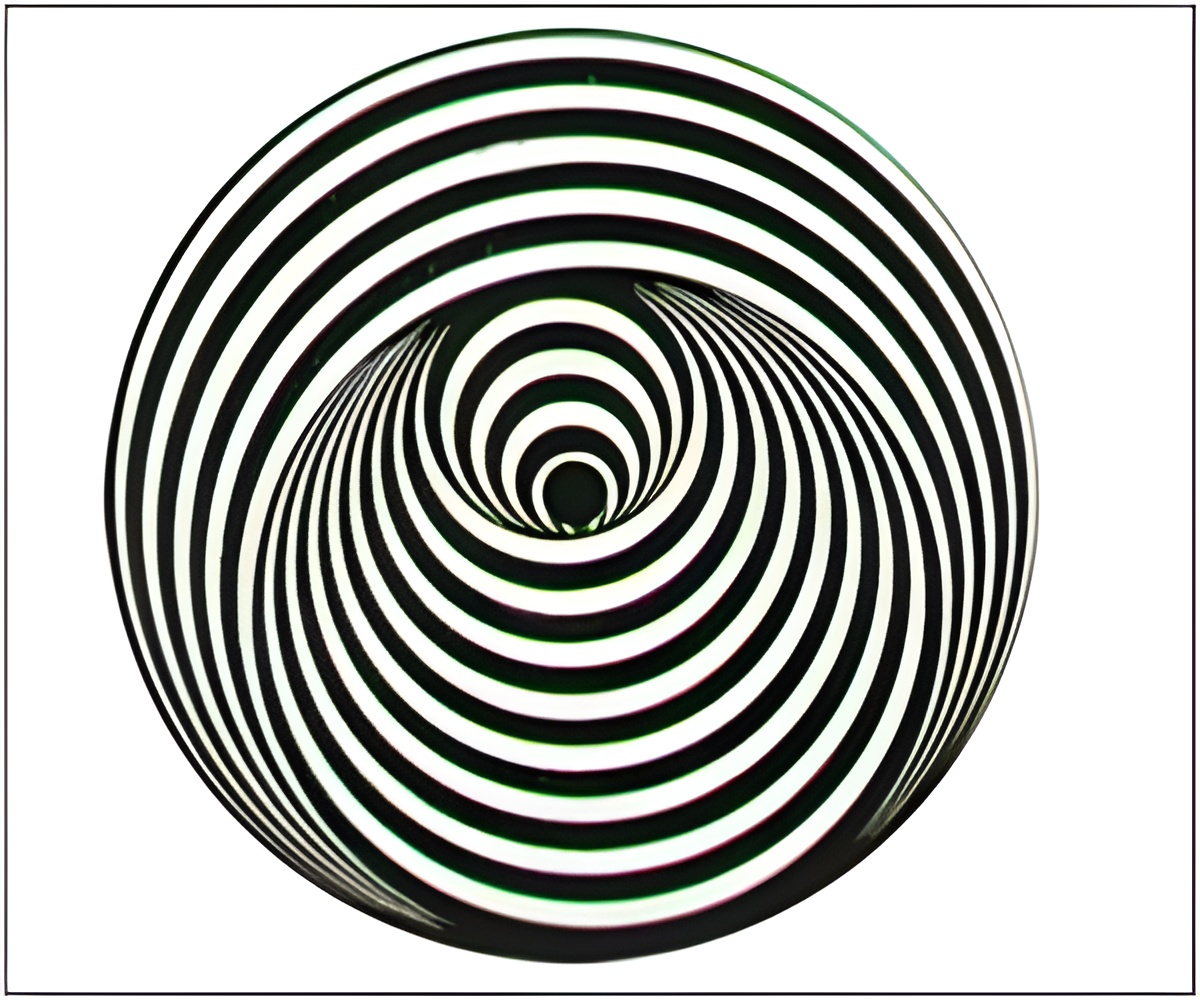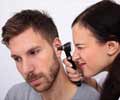
The device being tested – a cochlear implant and processor with re-engineered software and electrode arrays – represents four-plus years of work by Drs. Jay Rubinstein and James Phillips of UW's Department of Otolaryngology-Head and Neck Surgery. They worked with Drs. Steven Bierer, Albert Fuchs, Chris Kaneko, Leo Ling and Kaibao Nie, UW specialists in signal processing, brainstem physiology and vestibular neural coding.
"What we're proposing here is a potentially safer and more effective therapy than exists now," said Rubinstein, an ear surgeon and auditory scientist who has earned a doctoral degree in bioengineering and who holds multiple U.S. patents.
In the United States, Meniere's affects less than one percent of the population. The disease occurs mostly in people between ages 30 and 50, but can strike anyone. Patients more often experience the condition in one ear; about 30 percent of cases are bilateral.
The disease affects hearing and balance with varying intensity and frequency but can be extremely debilitating. Its episodic attacks are thought to stem from the rupture of an inner-ear membrane. Endolymphatic fluid leaks out of the vestibular system, causing havoc to the brain's perception of balance.
Advertisement









